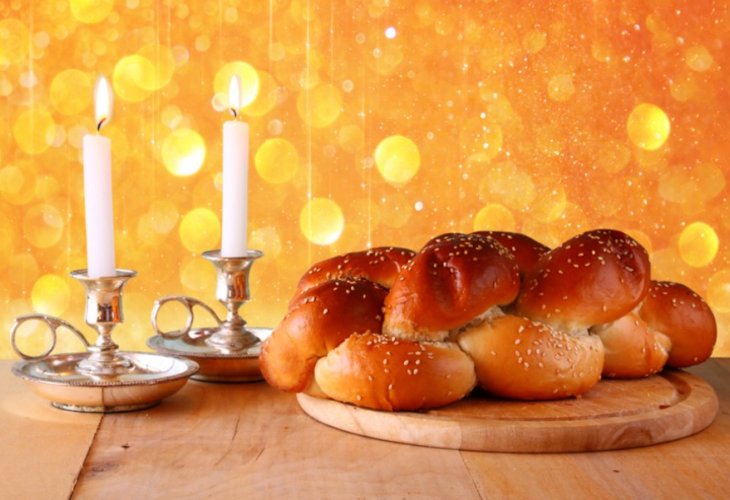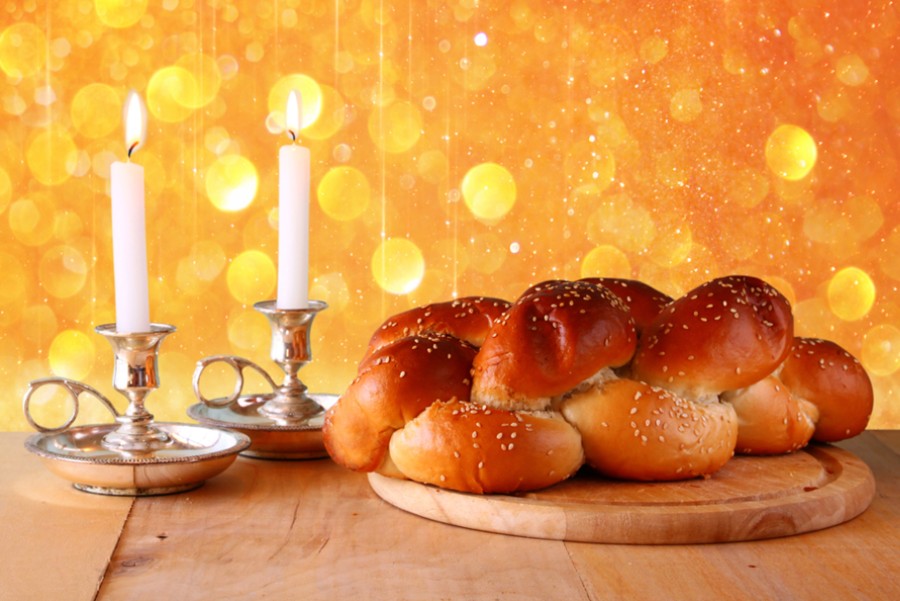Facts in Judaism
The True Meaning of “Shabbat Shalom”: Why Peace and Joy Are the Essence of Shabbat
Avoiding anger, conflict, and sadness on Shabbat isn't just a recommendation, it's a central part of honoring this sacred day.
- Naama Green
- |Updated

Shabbat and the Call for Inner Peace
Every Shabbat, Jews around the world greet each other with the words “Shabbat Shalom,” a wish for a peaceful Sabbath. But this phrase is more than just a customary greeting; it reflects the very heart of what Shabbat is meant to be.
The holy day of Shabbat is not only about rest, prayer, and spiritual elevation. It is also a day that demands peace, harmony, and emotional calm. This principle is emphasized in the Zohar, by the mekubalim (Kabbalists), and by leading Torah sages throughout the generations.
The Zohar and the mekubalim strongly warn against engaging in conflict on Shabbat, especially between husband and wife, and urge us to avoid anger entirely on this sacred day (Yosef Omeitz, section 660). According to the Sefer Chassidim (section 763), the commandment to "honor it" (referring to Shabbat) means one should honor the day by refraining from arguments.
The Yaalzu Chassidim (section 779) reinforces this message: on Shabbat and Yom Tov, one must be extra cautious to maintain peace at home. In fact, this is precisely why we greet each other with the words “Shabbat Shalom,” because peace is at the core of the day’s sanctity.
The Zohar further notes that the verse, “You shall not kindle a fire in any of your dwelling places on the Sabbath day” (Exodus 35:3), doesn't only refer to physical fire but to the fire of anger and conflict. Just as literal fire is forbidden, so too are emotional outbursts that ignite tension. On Shabbat, unity and peace are meant to prevail, free from flames of discord.
 (Photo: Flash 90)
(Photo: Flash 90)In one striking passage, the Zohar warns: “One who gets angry on Shabbat is as if he lights the fires of Gehinnom.” Why? Because Gehinnom and its punishments are suspended on Shabbat. As the Zohar explains, Hashem says: “On Shabbat, I extinguish the fires—yet you ignite them?” The verse “You shall not kindle fire” includes, symbolically, not even in the body. How is there fire in the body? According to the Zohar, the liver and bile represent this internal fire; this is the “Gehinnom” within a person. It is the poison, the sword of the Angel of Death. Therefore, one must guard against sadness, arguments, and emotional agitation on Shabbat.
The Chida likewise warns that conflict or anger on Shabbat is a particularly severe sin, far worse than anger on a weekday (Avodat HaKodesh). He emphasizes that this is especially true when dealing with one’s family; Shabbat must be filled with peace, love, and unity in honor of the Shechinah.
The Shlah HaKadosh writes that Shabbat must be “filled with grace, kindness, peace, and deep love.” Even the wicked are granted rest in Gehinnom on this day. Thus, showing anger on Shabbat is doubly sinful. He also advises great caution beginning from midday on Friday, to start preparing emotionally and spiritually for the day’s sanctity.
 (Photo: shutterstock)
(Photo: shutterstock)Rebbe Nachman of Breslov teaches: “One must be extremely careful to be only joyful and good-hearted on Shabbat.” The holiness and spiritual power of Shabbat are beyond measure, and one should study Reishit Chochmah, particularly its section on holiness, to awaken the heart to the glory of Shabbat. The main mitzvah of honoring Shabbat, he teaches, is through joy. One must strive to be very happy on Shabbat and avoid showing any trace of sadness or worry. “Fortunate is the one who makes an effort to rejoice on Shabbat,” writes Rebbe Nachman, “because the primary way to honor the Shabbat is with joy” (Likutei Moharan I, 17).
“Shabbat Shalom” is far more than a greeting. It’s a sacred mission. By cultivating peace, avoiding anger, and embracing joy, we fulfill the essence of Shabbat and transform our homes and hearts into a sanctuary of light, love, and Divine presence.

